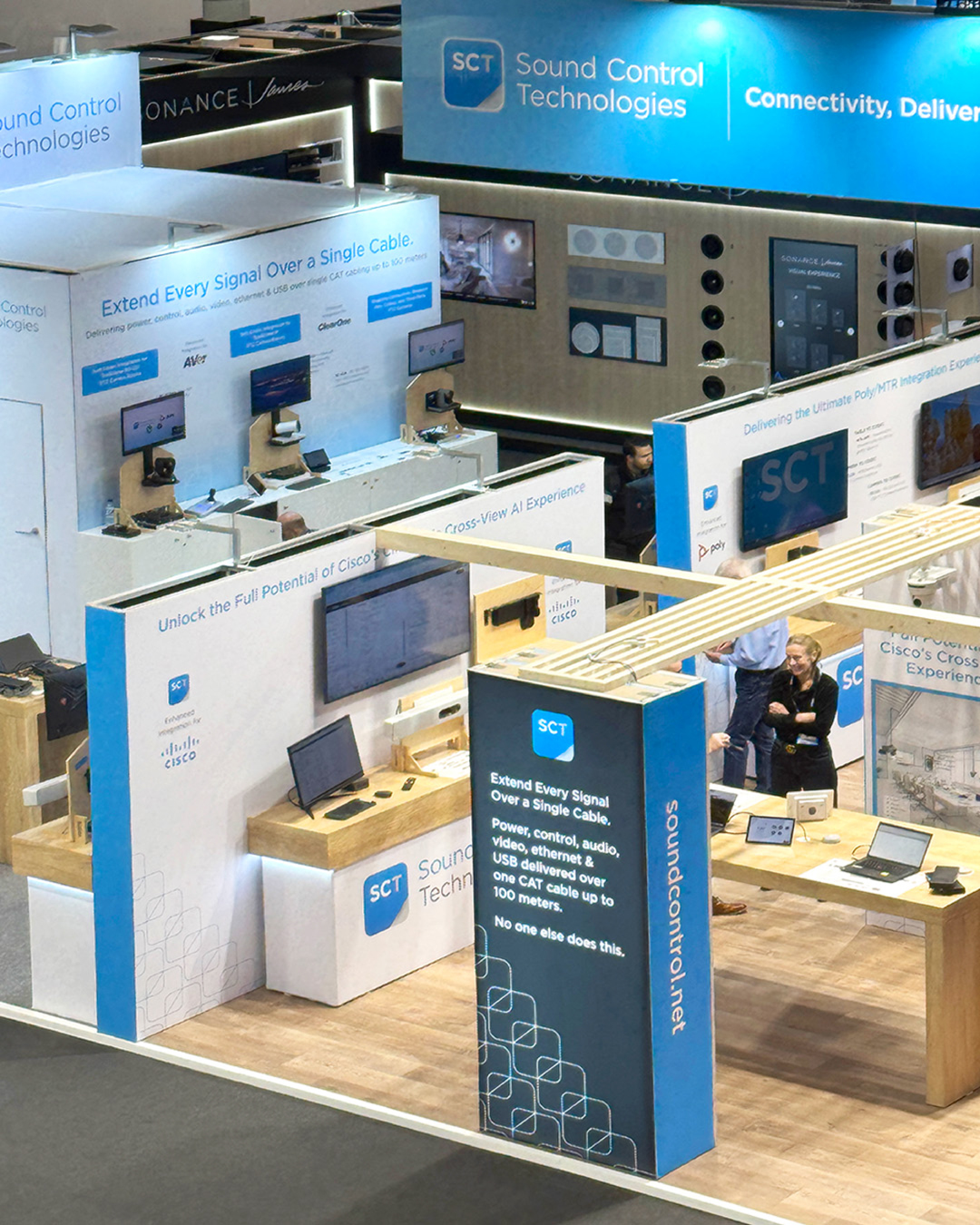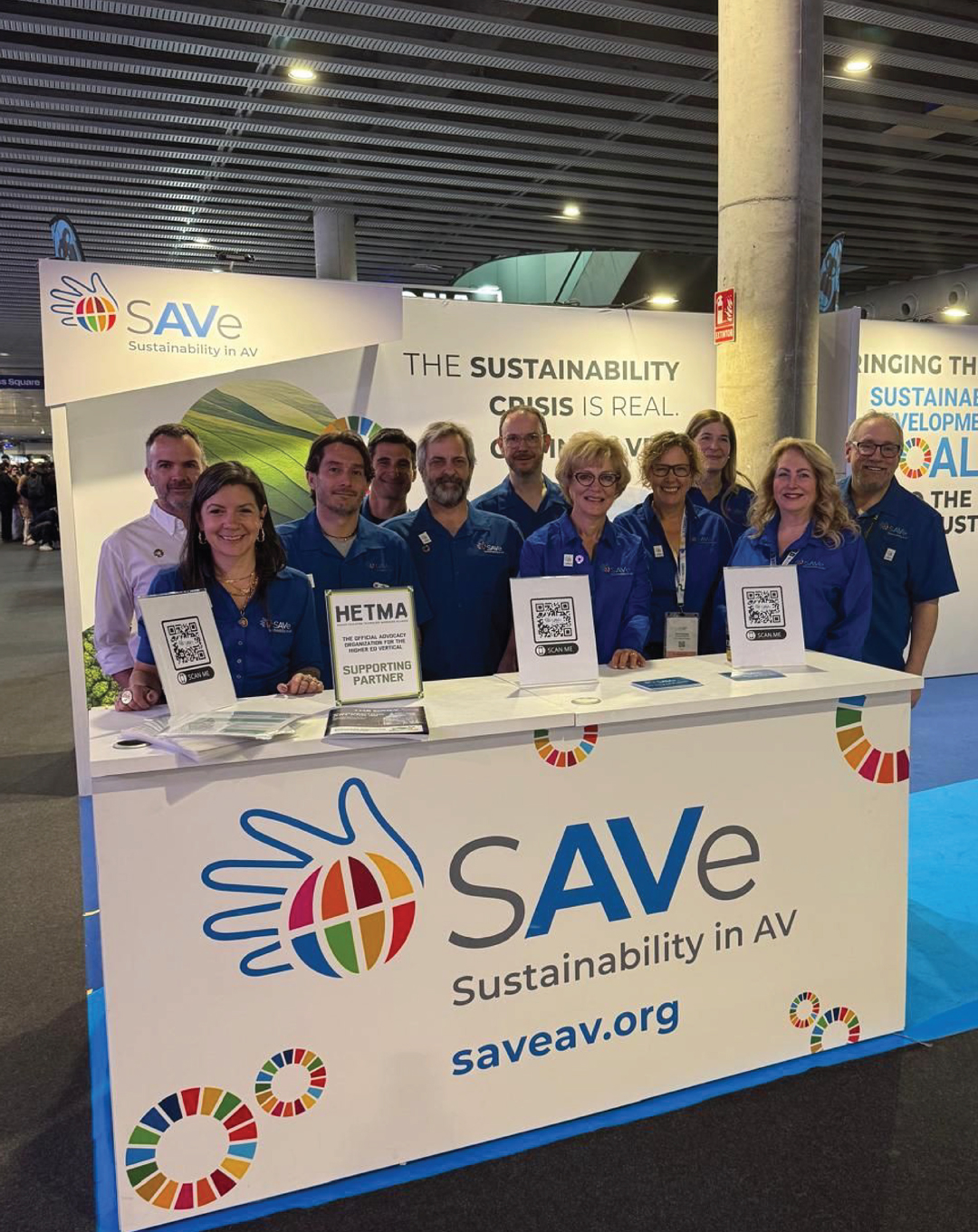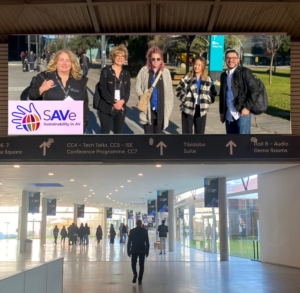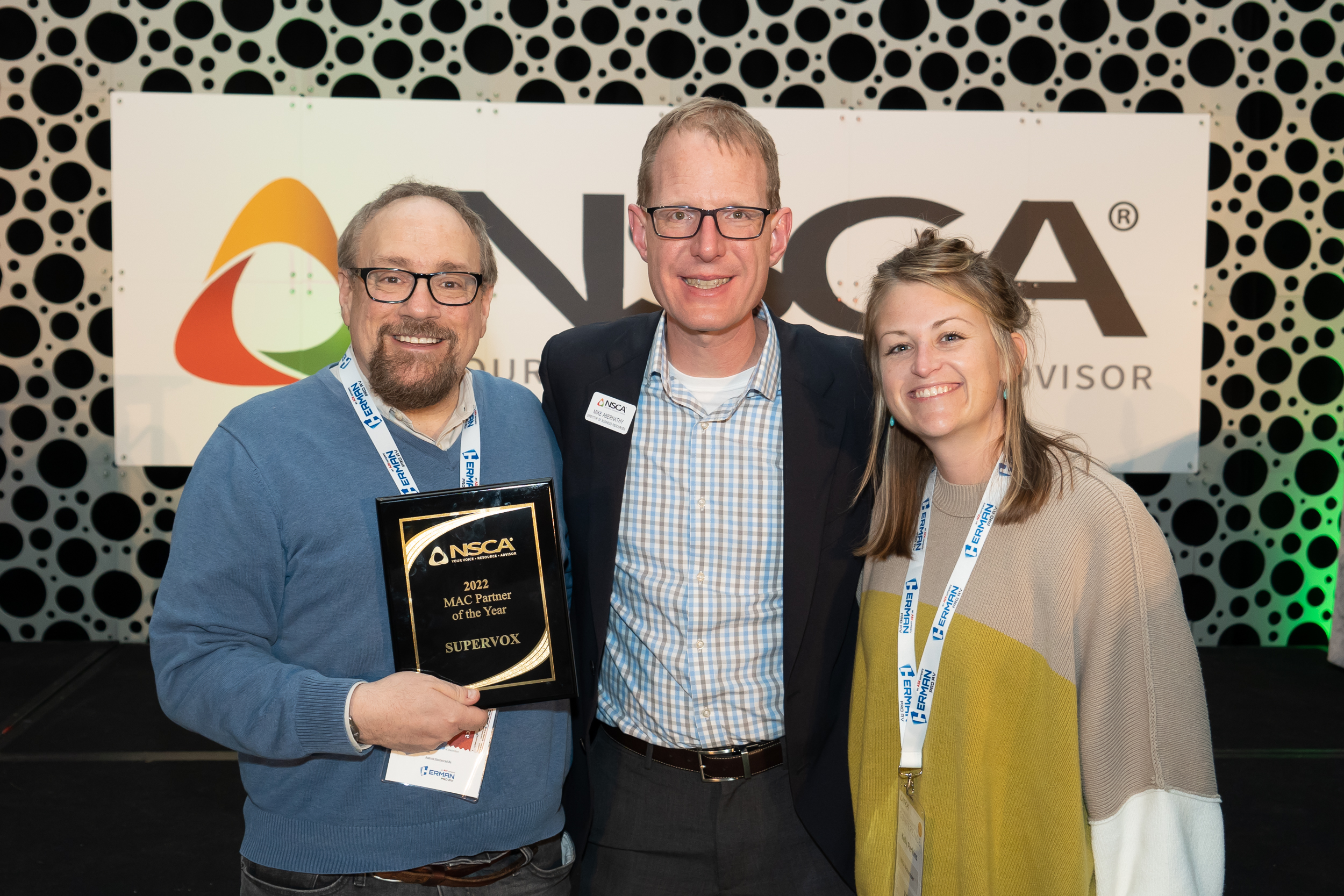Serving up your restaurant brand: A conversation with Maite Kuhns, trainer & recruiter
Supervox Agency August 31, 2018
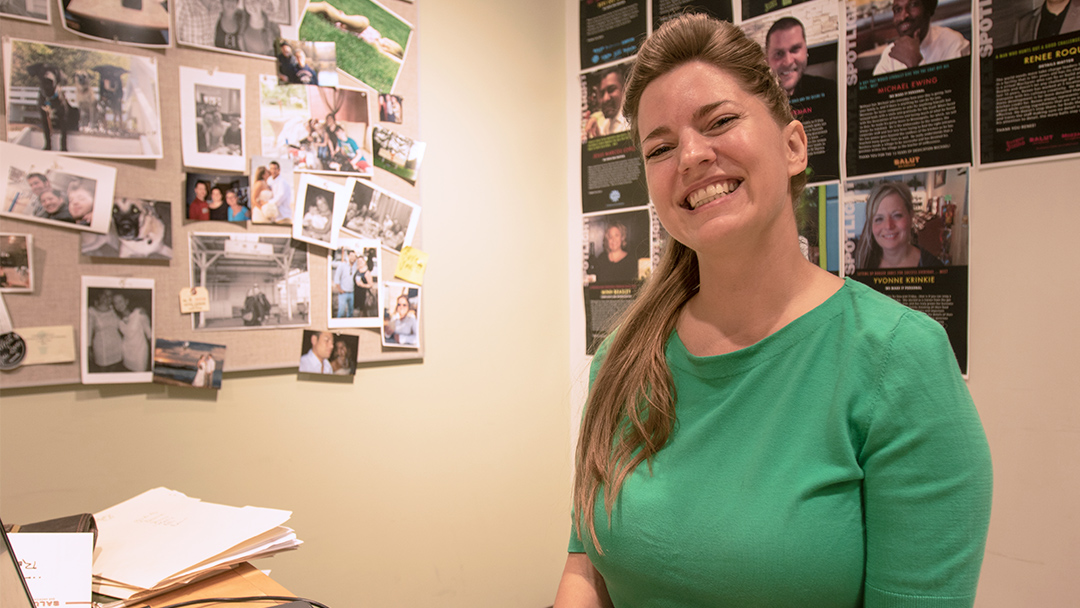
When is a restaurant brand born? Is it when ownership blesses the initial positioning and brand story, and gives us the go-ahead to bring it all to life? Does it happen later, when a critical mass of guests has formed their perception of the restaurant? After all, you can dictate what your brand will be, but it’s the guests who actually decide who you are.
One thing is for sure: For all the groundwork laid by the creative team, it’s the operation itself – and the staff in particular – who ultimately bring the brand to life for the guest.
With that in mind, we sat down with Maite Kuhns, corporate trainer and recruiter for Parasole Restaurant Holdings of Minneapolis to talk about the importance of brand training. Widely respected in the industry, Maite was recently honored with a Meet Minneapolis Convention and Visitors Association “Hospitality Hero” Award recognizing her “contributions to the image and culture within the Minneapolis hospitality community.”
SUPERVOX: How conscious are you of brand as an element of employee training?
MAITE KUHNS: It’s hugely important to us. In the buildup to opening a new restaurant, we’ll spend hours talking about brand – because more than the sign, more than the logo, it’s the staff who express the restaurant’s identity to the guest. And not only that, they continuously build and refresh the brand, and help us stay true to it.
SUPERVOX: Have your views on branding and training evolved over time?
MAITE: Definitely. Before coming to Parasole, I worked for a company that had just one concept. But here we have a number of them, and they’re all distinct from one another, ranging from power steakhouses to natural foods. The experience, the clientele – the brands – are all unique to each concept, and our training reflects that.
Building a restaurant brand? We have the perfect tool for you.
Creating a restaurant brand? Download our tool for building it.
At Parasole, brand-consciousness impacts training from the very beginning. So for example, in the lead up to opening a new restaurant, we and our branding partners collaborate to create a brand story that articulates the essence of who we are. Right now, I’m gearing up to hire for a new Pittsburgh Blue Steakhouse we’ll be opening in Rochester, Minnesota. Pittsburgh Blue is a top-tier steakhouse, but an accessible one. It’s for people who work hard and want great value, food and service for their money. The experience is refined but flexible, professional but casual, and it’s really focused on our food, because at heart we’re a true steakhouse.
SUPERVOX: Take us through the training process that you’ll be using for Pittsburgh Blue.
MAITE: Well, the tone is set at the top. So among the first things we do is develop our brand story, list out the proof points for it, and make sure we’re all on the same page with it. Next, we make sure that our managers live and breathe it. One of our assets is that Parasole’s founders, Phil Roberts and Pete Mihajlov, remain as involved in our restaurants as they’ve ever been. And they speak directly to the staff so that everyone can hear straight from the restaurants’ creators.
Restaurants are unique – they’re so personal. They’re driven by passion, and they generate it. I always say, “A guest can’t love your restaurant if the employees don’t love it first.” And that starts with managers, since they’re the ones from whom the rest of the staff will take their cue.
SUPERVOX: So those initial branding blueprints are important.
MAITE: They are, but brands never come to life through written documents and manuals. And maybe I’m going against the industry grain, but they don’t come to life through online tutorials and videos either. I’m a huge believer in visual aids in training. If I’m training a group of new employees at Chino Latino, a restaurant of ours that specializes in “Street Food From the Hot Zones,” I’ve got lots of images and assets to help them understand what we really mean by that. We’ll go through the website and marketing materials. But it’s done personally, not through micro-training on your smartphone. It’s hands-on, face-to-face.
SUPERVOX: That can’t be cheap.
MAITE: It’s not! Our training budgets are significantly higher than the industry average. These days, restaurants can only survive by watching every dollar, but we believe that if you skimp on training, you’ll pay with increased turnover of staff and unhappy customers in the restaurants.
So let’s talk about the new Pittsburgh Blue restaurant. We’ll try to hire managers 8-10 weeks in advance. They’ll learn the brand. We’ll immerse them in operations at our existing restaurants and cross-train them from front-of-house to the back. For other employees, we’ll have a minimum of 13 days of intensive training – and about six of them will be food tasting. It’s not just for servers either. Wait assistants, hosts – everyone needs to know what it is that we’re all about.
We also invest heavily in pre-opening mock service where we split the staff into two groups – one acting as employees, the other half as guests – and we’ll serve each other, again and again, and then hash out everything that happens. It’s intensely personal. Typically, we’ll have seven front-of-house trainers and a similar number of back-of-house trainers. That’s in addition to managers and corporate staff. So when we break into small groups, we can go deep into one-on-one coaching. I mean, we talk about EVERYTHING.
Mock services are essential because this is where the rubber hits the road – where you’re ringing up orders and having to deal with the IT; where you get used to where everything is stored and how it’s stocked, etc.
SUPERVOX: How do you balance training your servers to express the brand and reflect your operational approach while still letting them be individuals?
MAITE: That’s really important. We drill them on the fundamentals, so that they all have the same fundamental knowledge of the brand. We also train to develop three or four “pitches,” or approaches, for guests – for first-timers, for regulars, for people who may be disinterested or grumpy, etc. But we absolutely discourage them from being scripted. And from up-selling. There’s a real danger of turning off the guest and then losing them in the future.
One of the things I’m proud of about Parasole is that we try – and largely succeed – in meeting the guest where they are. If they want to split an entrée, fine. If they order the cheapest thing on the menu, fine. If they say “Peanut Grigio,” WE’LL say “Peanut Grigio.” We can’t afford to be snobs. We’re just grateful that out of all the places they could go, they’ve chosen to dine with us.
Great service happens when the employee and the guest really connect as people. It also stems from a true appreciation for what the guest is doing for us. I want our staff always to remember: The only reason we exist is because our guests choose to patronize us. They’re the reason we have shoes on our feet. So we need to be grateful to them – all of us, not just the front-of-house staff, but everyone.
SUPERVOX: That includes back-of-house, too?
MAITE: Really, they’re one and the same. Traditionally, there’s been a division between front and back-of-house; the two groups can really be at odds. At Parasole, we work hard to create a culture in which everyone understands we’re all on the same team. Look, if a server alienates a guest, that customer won’t return, business goes down, and hours will be cut for the kitchen staff. If a cook puts out bad food, that will have the same consequences for the servers. If we’re not a team, we’re nothing.
SUPERVOX: It’s a bit of a paradox, but it sounds like you’re saying that you create great teams by empowering individuals.
MAITE: Right, and you do that in a number of ways. For example, compared to a lot of restaurant companies, we empower our servers to resolve food and service issues the guest might encounter. We say, “If you run into a problem, solve it and come to management with the answer. Tell us what YOU think we should do.” And if that means discounting or comping food, we’re apt to trust their judgment.
And getting back to branding, we really trust and empower our staff not just to express the brand, but to BE the brand by giving them the information they need, investing in them over time, and doing everything we can to match the right person to the right job and the right concept. Training people thoroughly, respecting them, and helping them work to their strengths is the best thing for the individual AND the company because those things are the foundation for a great guest experience – and a knockout brand.
Learn more about Maite at her website: maitekuhns.com
